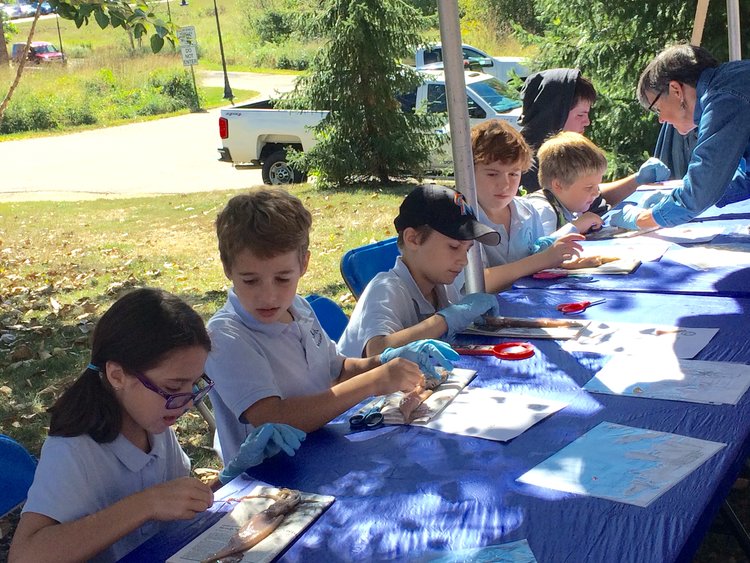Justice And Moral Judgements
The 6-12 year old is very much concerned with right and wrong, beginning with a primitive ‘eye for an eye’ concept of fairness and justice. This is often the age of a lawyer ‘letter of the law’ mentality for many children. If handled carefully, the child will develop a sense of compassion, conscience, and ethics.
Social Relationships
The 6-12 year old is normally absorbed with his friends, forming cliques or right friendships with their own codes of conduct and pecking others. This can often resemble tribal behavior in adult societies. Adults may find this behavior annoying; Montessori planned for it by considering group process an important part of the elementary design.
Money And Economic Value
Whereas for the adolescent, money if a critical symbol of independence from the adults, for the 6-12 year old, money is at first a poorly understood idea. However, he is fascinated by it: what can be bought, and how it is earned. Children at this stage are often interested in coin collecting.
The Abstract Use Of Imagination
While the 3-6 year old enjoys a rich fantasy life, the 6-12 year old loves to use the imagination to create images of reality in his mind. He is capable of tremendous learning through the use of imagination. His thinking, with a firm basis in concrete experience, now begins to easily travel into the abstract.
Use Of Tools And Machines
Practical life education continues to be important, with specific interests focusing on the ability to use tools and machines. In our culture, tools and machinery in particular fascinate boys.
A Sense Of Time And History
The child is capable of gradually forming concepts of time, beginning with the recent past and present, but gradually extending through the use of the imagination to the distant past and future.
A Sense Of Human Culture And Membership In The Family Of Man
The child is interested in other cultures and easily forms positive or negative prejudicial attitudes towards them.
A Sense Of How The World Works: Science
The child constantly wants to know how things work: to understand reality. He experiments and asks questions. During this stage, if given the right experiences, he will form an inner picture of the logical universe that can be understood. Otherwise he will often ask if basic physical laws might be just as capable of being suspended tomorrow and will remain fixated in fantasy and magic.


